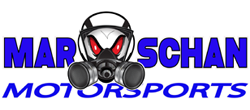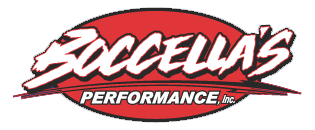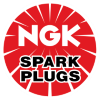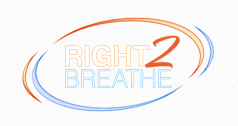Post Purchase Helmet Fitting Guide
Unfortunately when you purchase a helmet only one real measurement is taken into consideration even though there are other variations in the human head that can affect the fit. Courtesy of Helmetcheck.org here is some post purchase guidelines to see if you will be protected properly.
There’s more to fitting a helmet than just buying the one that matches your hat size or guessing at “small, medium or large.” However, hat size is a good starting point. Measure your head at its largest circumference – usually just above your eyebrows in front, over your eyes and around in back. Try it several times so you know you’ve gotten the largest number. If your head size falls between the numbers listed, use the larger size. Most helmets are marked and sold as S, M, L or XL, so you may need to contact the manufacturer for size equivalents. Helmet sizes vary among manufacturers and model types.
The Best Way to Try on Your Helmet
- Hold it by the chin straps. The bottom of the helmet should face you with the front pointing down.
- Put your thumbs on the inside of the straps, balancing the helmet with your fingertips.
- Spread the sides of the helmet apart slightly and slip it down over your head using the chin straps.
The helmet should fit snugly and may even feel a bit too tight until it is in place correctly. Be sure it sits squarely on your head. It shouldn’t be tilted back on your head like a hat. Remember, if your helmet is too large, several things could happen: it will move around and up and down on your head when you least want it to; it can be noisy and let in wind; worst of all, it may come off in a crash!
 Once the helmet is on your head, make a few other fit checks before fastening the straps.
Once the helmet is on your head, make a few other fit checks before fastening the straps.
- The cheek pads should touch your cheeks without pressing uncomfortably.
- There should be no gaps between your temples and the brow pads.
- If the helmet has a neck roll, it shouldn’t push the helmet away from the back of your neck.
- On full-face helmets, press on the chin piece. The helmet or face shield should not touch your nose or chin. If it does, it will surely do so at speed from wind pressure.
With the helmet still on and the straps securely fastened, move it from side to side and up and down with your hands. If it fits right, your skin should move as the helmet is moved. You should feel as if a slight, even pressure is being exerted all over your head. Remember, too, that a helmet loosens up a bit as the comfort liner compresses through use. A new helmet should be as tight as you can comfortably wear it.
Now, with the chin strap still securely fastened and your head straight, try rolling the helmet forward off your head. You shouldn’t be able to pull it off. If you can, the helmet is too big. Take off the helmet. Does your head feel sore anywhere? Are there any red spots on your forehead? Pressure points can be uncomfortable and can cause a headache after a long ride, so be sure your helmet isn’t causing any. If it is, choose the next largest size or try a different brand of helmet. Human heads are not all the same shape, neither are helmets.
If you are still unsure about the helmet’s fit, wear it around the store for a while to see if it remains comfortable. A helmet is an important investment, no matter what its price. Be sure the one you choose is right for you.









